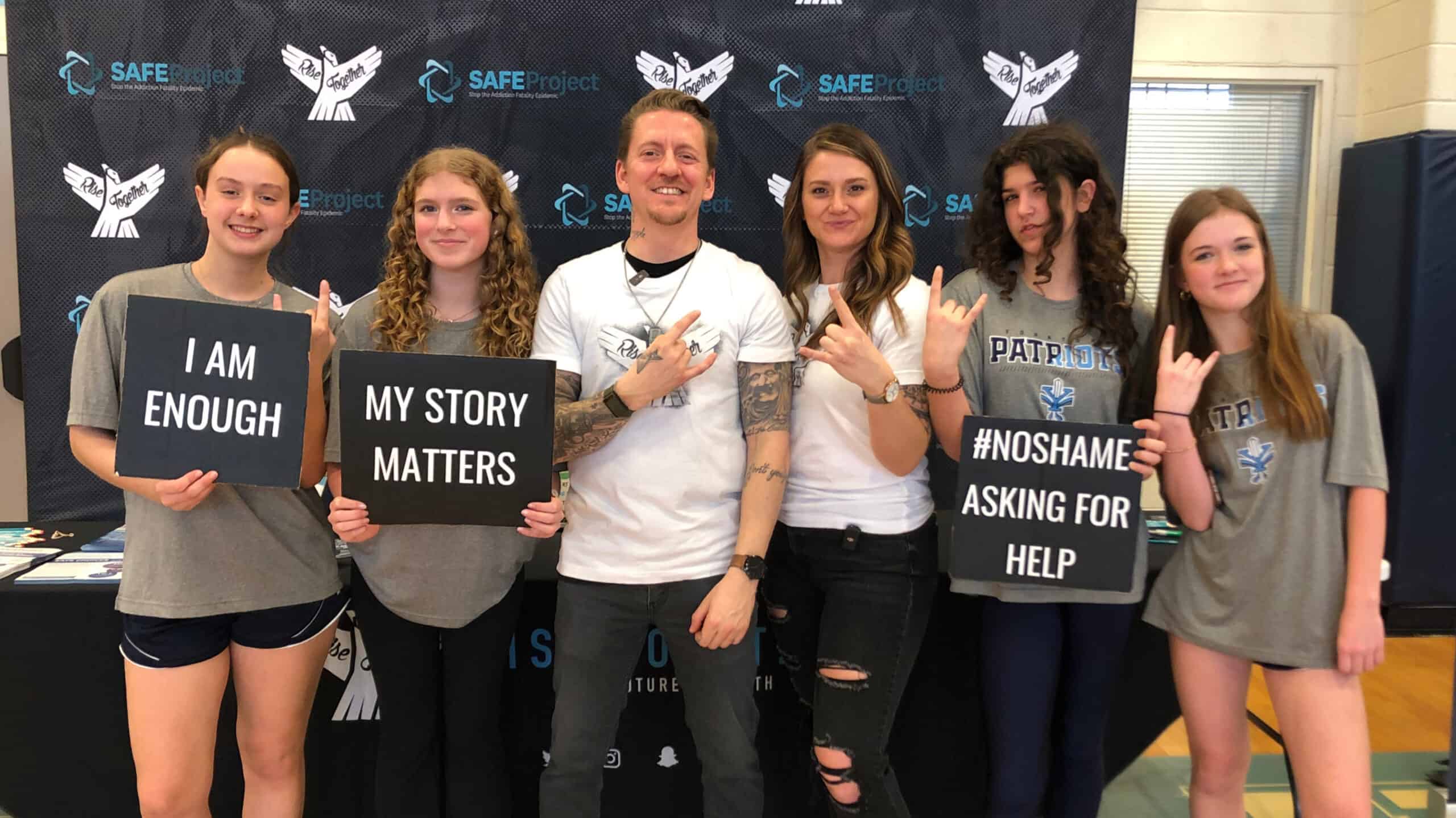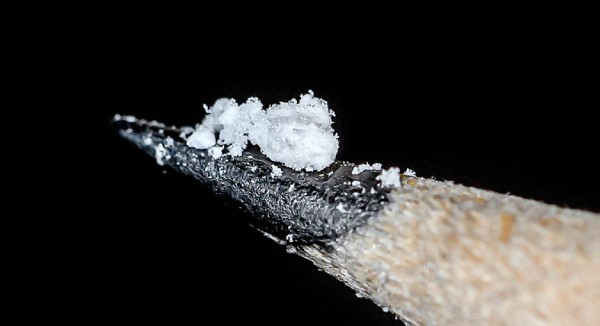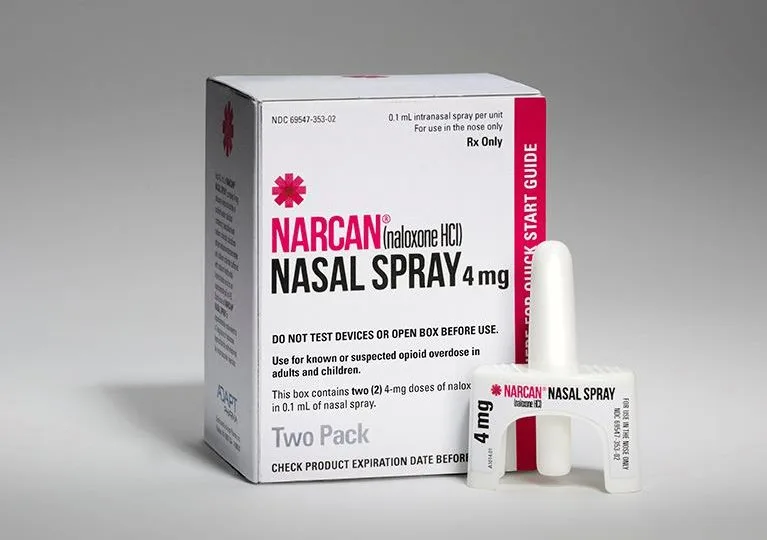We’re Heading Back to School
Join us in fostering a safe and supportive environment for a successful school year.
As the new school year begins, it’s a time of excitement, growth, and new opportunities for parents and students alike. Whether you’re rushing to your next lecture or sending your children onto the school bus, we understand the importance of wellness and staying informed about the ever-changing substance use culture.
Back to school can be a busy and often overwhelming time for everyone, with schedules to manage and new adjustments to navigate. SAFE Project is here to help navigate these challenges — including free training on how to respond to an overdose, empowering you with the knowledge to save lives.
Need Help Immediately?
Dial or text 988 on your phone for the Suicide & Crisis Lifeline.
What happens when you call? From the official 988 Suicide and Crisis Lifeline Website:
You’ll hear an automated message featuring additional options while your call is routed. A trained crisis worker at your local center will answer the phone. This person will listen to you, understand how your problem is affecting you, provide support, and get you the help you need.
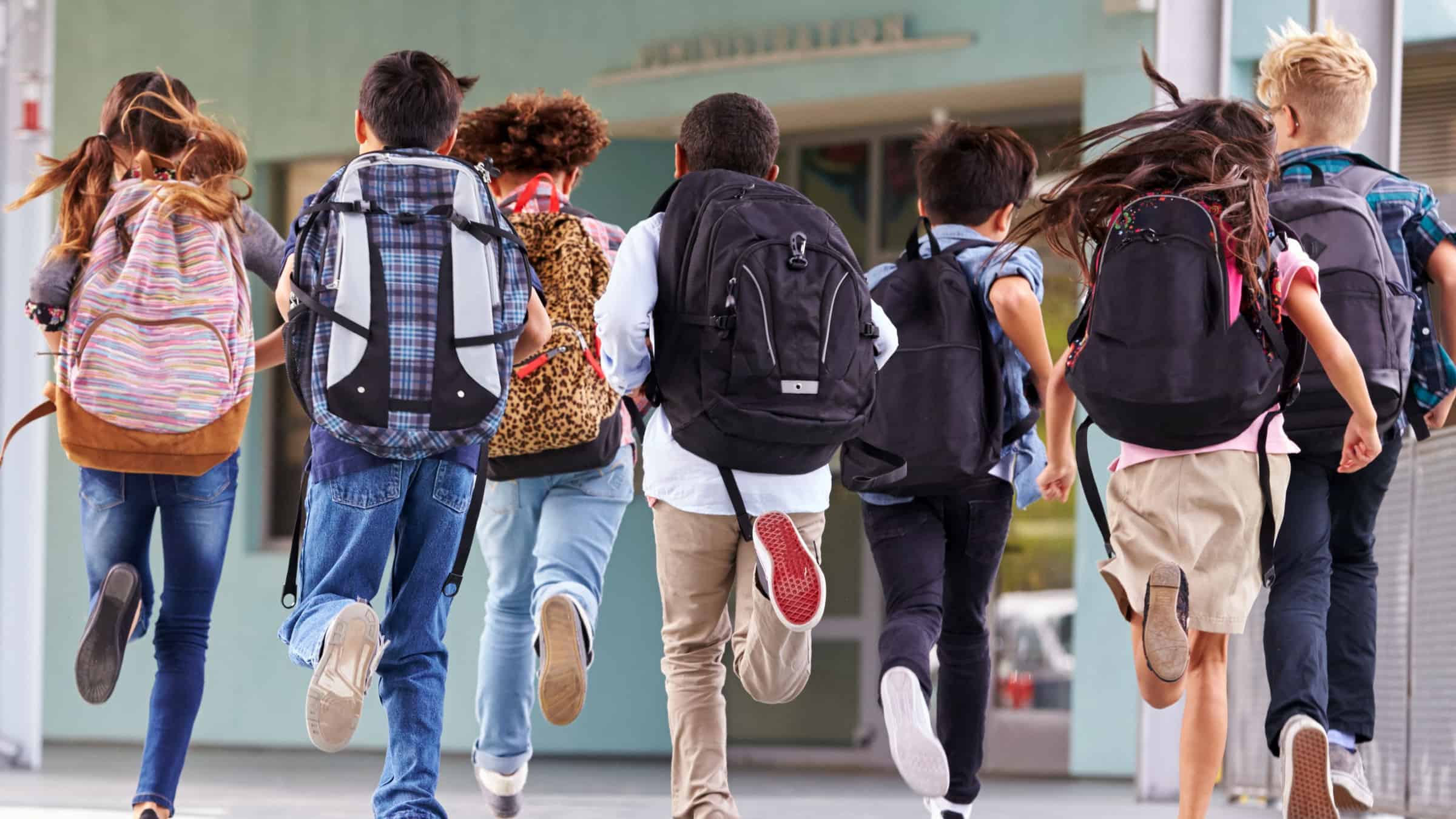
Resources For Parents
Our youth report caregivers, public safety professionals, healthcare professionals, and educators are some of the most credible sources of substance use related information. It’s up to us to do our part: be informed and share accurate information with warmth and care. Have frequent, small conversations with your children. The average age of first substance use and experimentation is 12-17 — start conversations early and tailor to the age and needs of the child. Explore our resources below for discussion points and tips along the way.
Article Spotlight
Preparing to Talk to Your Teen
Substance use and experimentation typically occur during the teenage years. As we navigate parenthood, it becomes clear that there is no definitive guide to help us in supporting our children through these experiences. But when talking to our teenagers, it is really the time when you want to have a conversation with them – and not at them. For that to happen, be ready to listen — and hear what they want to say.
Interview
Recovery & More:
Jessica Lahey
Jessica Lahey helps parents and educators understand the roots of substance use and offers practical steps for prevention.
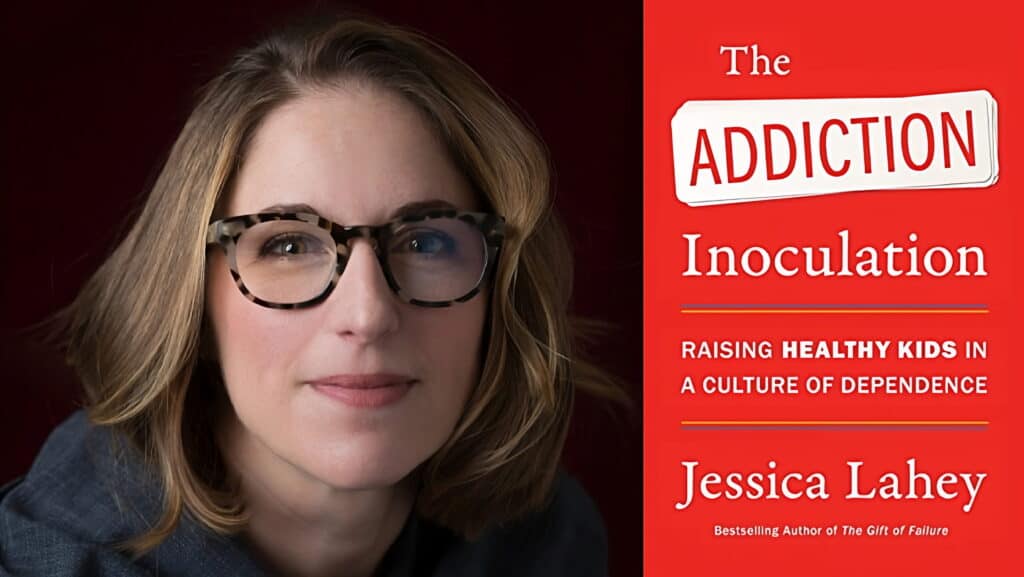
Interview
Teen Mental Health:
Cristina Leal
Cristina Leal is a crisis counselor for Moreno Valley Unified School District in California, responsible for roughly 32,000 students in her district.
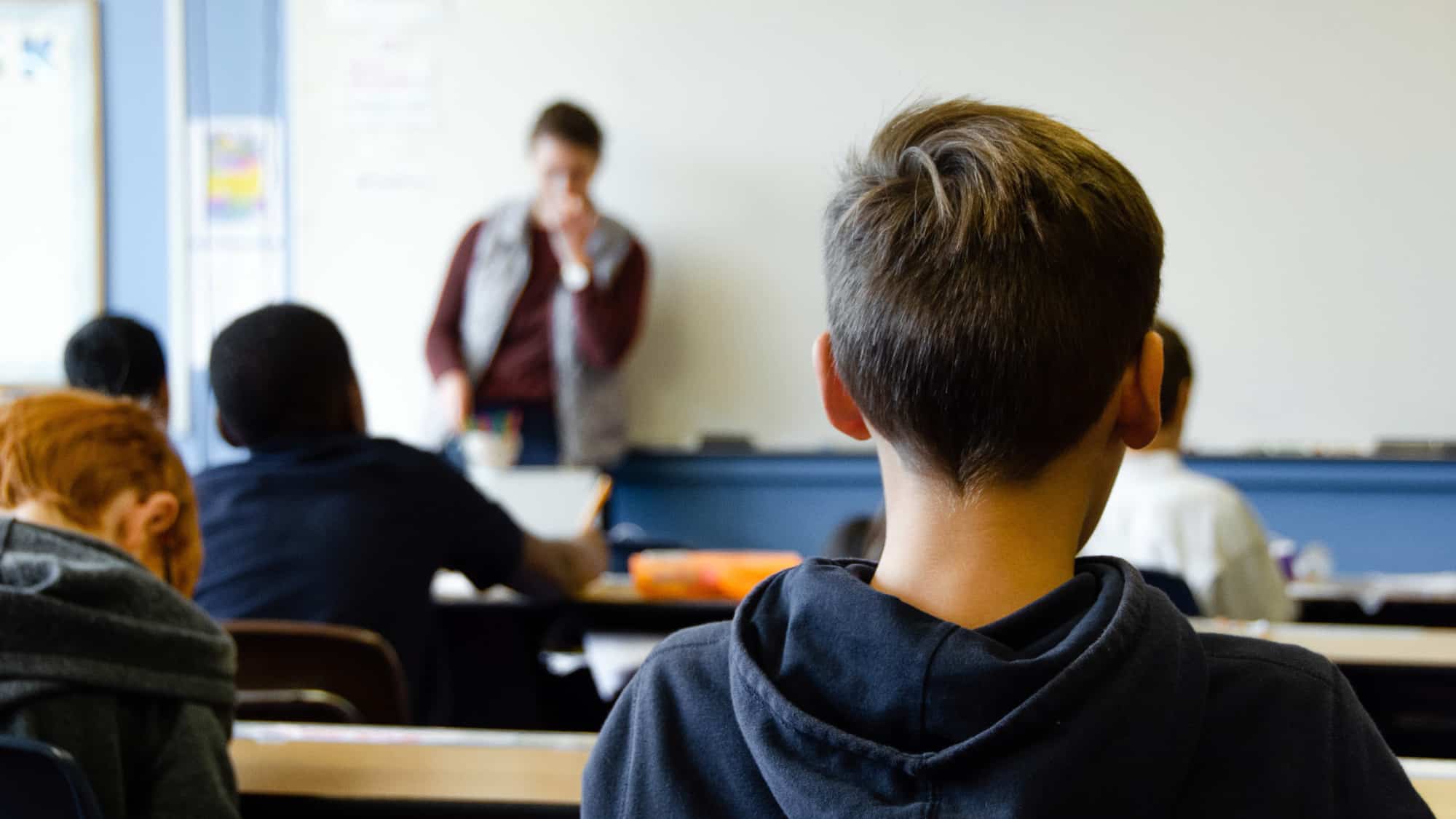
Frequently Asked Questions
Where can I learn more?
Visit our SAFE Choices “Resources For Parents” page for even more information about how to talk with your child or teen, resources and studies, and much more.
What about peer pressure?
Learn more in our “Just the Facts: Peer Pressure & Guiding the Conversation” article.
How does naloxone reverse an overdose?
Naloxone is a medication used in opioid overdoses to allow an individual experiencing an overdose to breathe normally. Naloxone is safe, and only works if a person has opioids in their system and the medication has no effect if opioids are absent. Learn more about naloxone.
Does having naloxone encourage riskier behavior?
Studies show that increased access to naloxone has not led to the thought that heroin, for example, is any less risky.
What do I need to know about fentanyl?
Fentanyl is a deadly synthetic opioid that is stronger than morphine, and it can be found in a number of different substances such as heroin, meth, cocaine, and pressed pills. Even a small amount can cause an overdose and death. Learn more about fentanyl.
Resources For Educators
Resources For Students
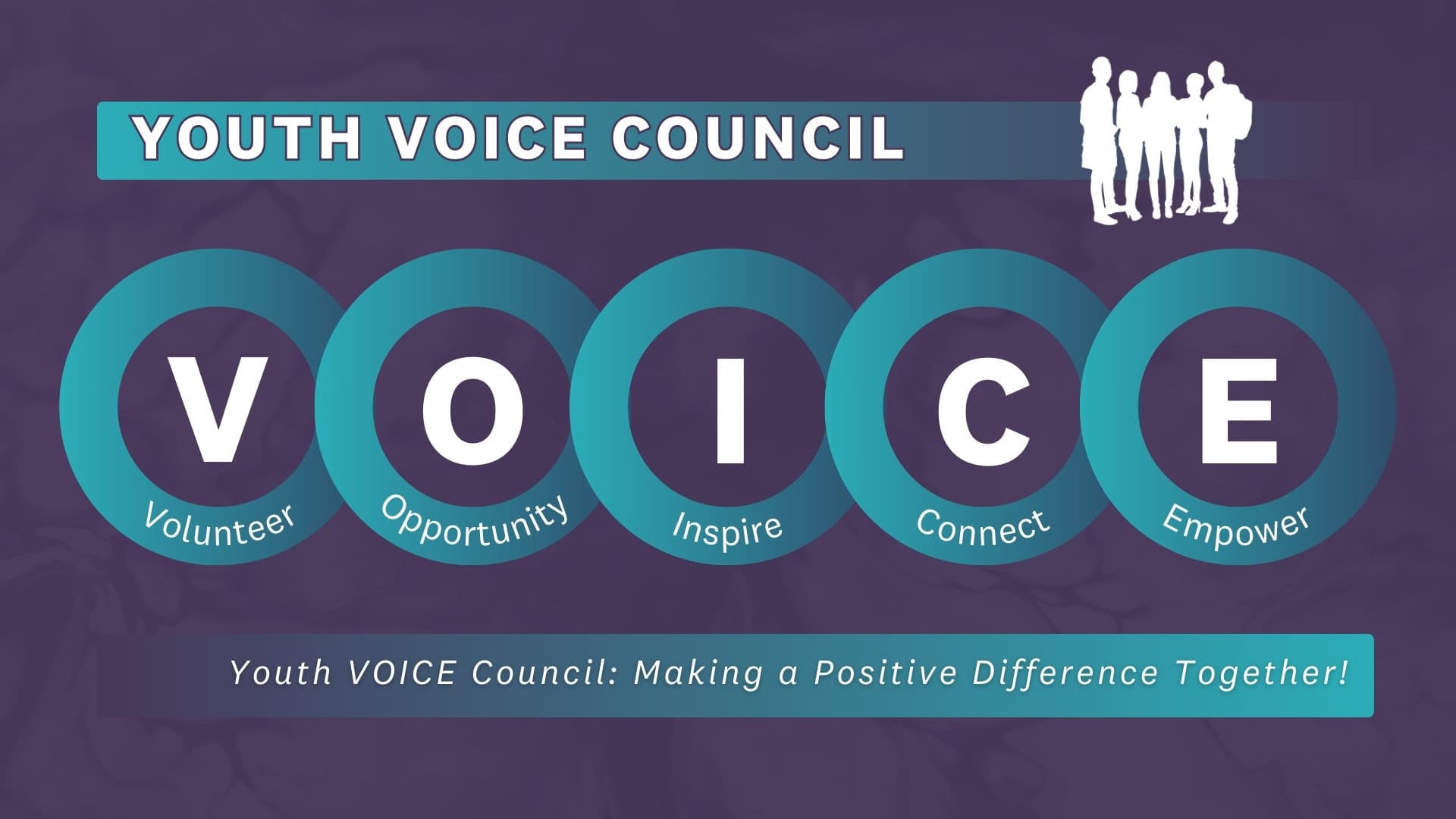
Get Involved: Youth VOICE Council
SAFE Project’s Youth VOICE (Volunteer, Opportunity, Inspire, Connect, Empower) Council was formed in 2023. Our founding high school members have been doing fantastic work in their communities, empowering teens to overcome the stigma of mental health and substance use disorders. The council meets regularly to discuss new initiatives. Are you a high school student looking to get involved? Learn more on our “Volunteer” page and sign up to get involved!
Article Spotlight
Navigating the Transition: A Guide to Alcohol and Other Drug Prevention, Harm Reduction, and Recovery for New College Students and Their Families
As summer winds down and the preparation for back to campus intensifies, SAFE Project is excited to provide resources and awareness for first-year students and their families as they make the transition to university life! For many students, one area of focus is navigating the alcohol and drug landscape on campus. The shift from high school to college often brings new freedoms and pressures, making it essential for students to understand strategies for prevention, harm reduction, and recovery.
Campaign
Life’s a Party:
Kick Fentanyl Out
No matter where you are, be aware of the risks that are out there, and how you can kick fentanyl out. Take the training and challenge your friends.
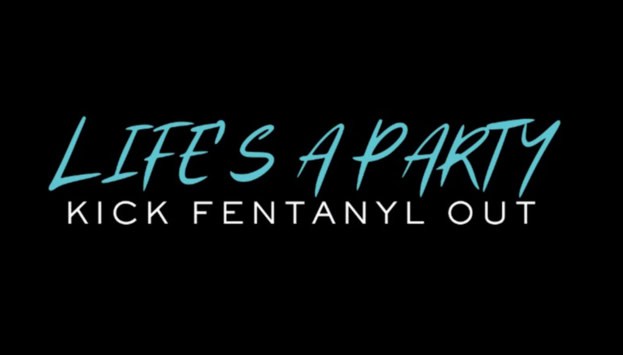
Campaign
Just the Facts:
Alcohol
During a crisis, people often turn to substances to self-medicate. Why do we need to talk about drinking, especially if you’ve heard all the warnings before?

Overdose Prevention
Campaign Spotlight
NARCAN® Nasal Spray is Available Over-the-Counter
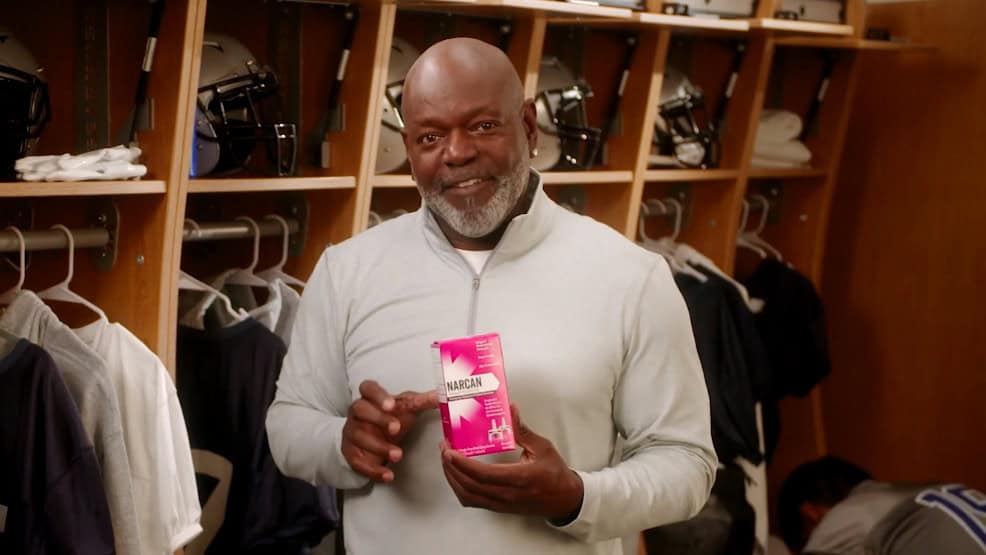
Learn how to save lives with NARCAN® Nasal Spray from Pro Football Legend Emmitt Smith.
Have a Safety Plan
Having a safety plan can help reverse the silence on the addiction epidemic. As a harm reduction tool, SAFE Project’s downloadable Safety Plan with tips can help individuals who use drugs prevent overdose. Display your safety plan where it is easily seen or accessible and give your safety plan to people you trust will use it.
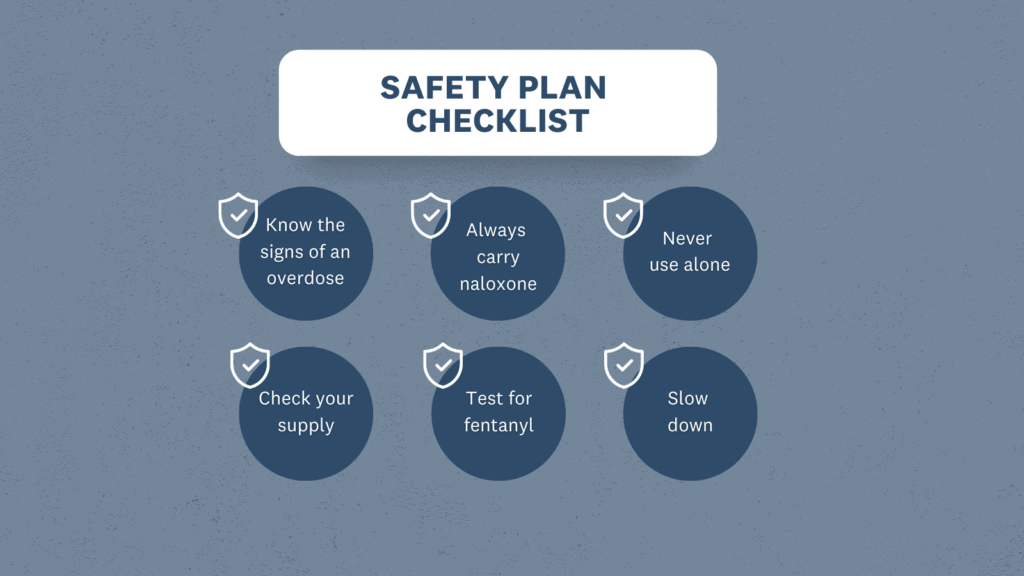
Additional Resources
-
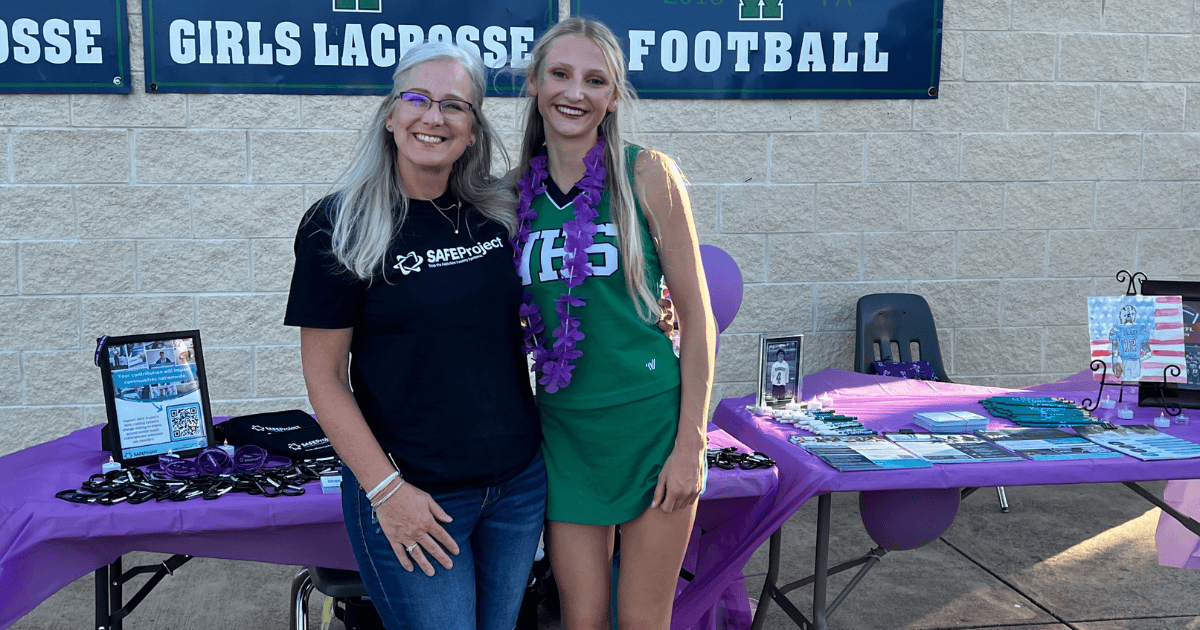
Youth VOICE Council Spotlight: Aubrey
-
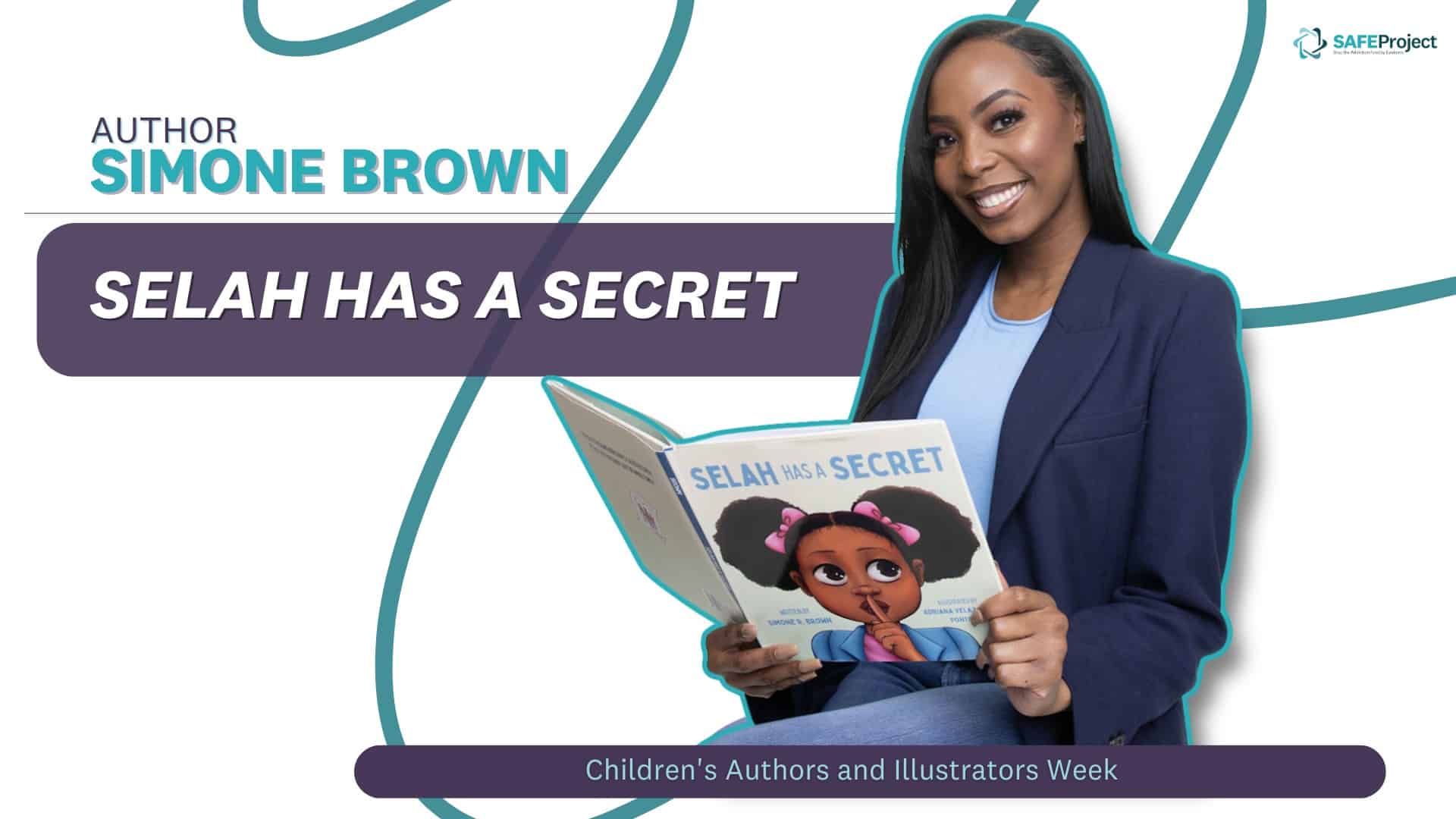
Simone Brown Interview: Children’s Authors and Illustrators Week 2025
-
Youth VOICE Council Spotlight: Savanna
-
Youth VOICE Council Spotlight: Harini
-

Navigating the Holidays as a Young Person in Recovery
-
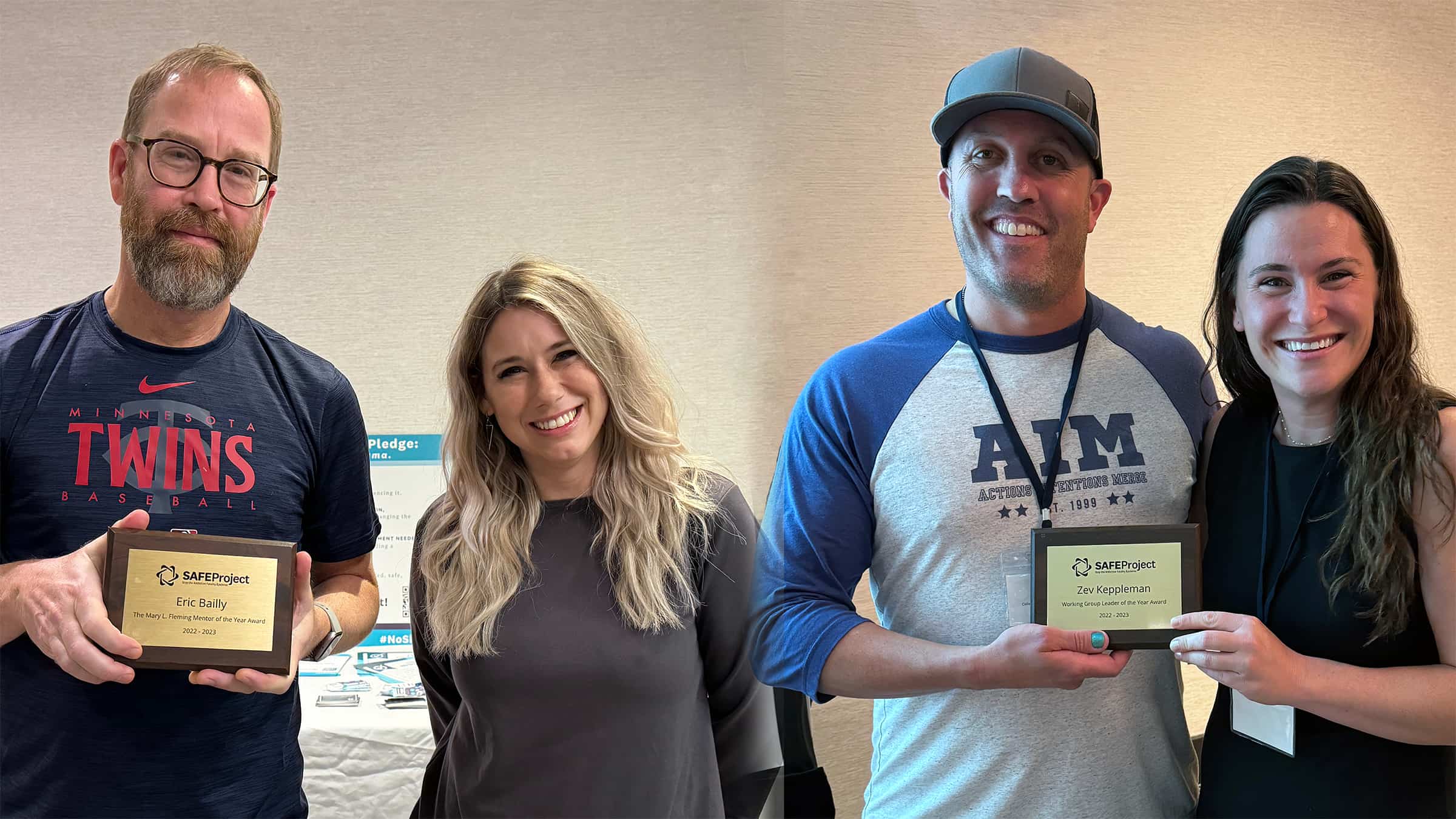
2024 Mary L. Fleming Memorial Mentor of the Year Award
-

United by Sobriety: How Grant Curtis is Building a Recovery Movement, One Hat at a Time
-
Alcohol Unplugged: Real Talk on Drinking
-
Navigating the Transition: A Guide to Alcohol and Other Drug Prevention, Harm Reduction, and Recovery for New College Students and Their Families


